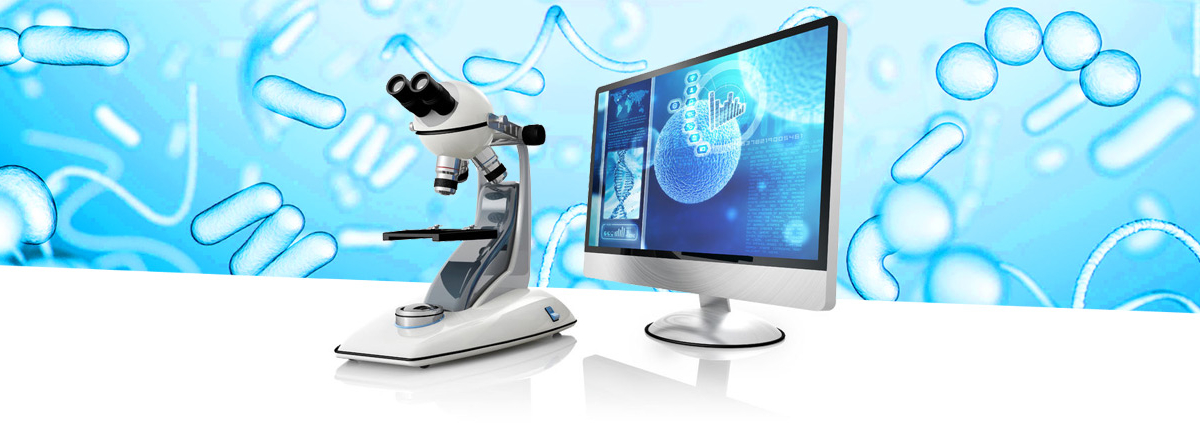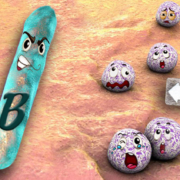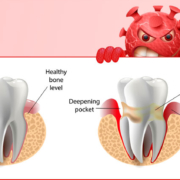Research Update: Gut on a Chip
In the final research paper I’ll review, the headline that caught my attention was “Probiotics are not always ‘good bacteria’.” That’s something I really hadn’t seen before so I had to check it out.
In this case, I had to learn about a new technology called organ-on-a-chip. Over the past five years or so, researchers have tried to develop a three-dimensional approach to doing research on various organs including the gut. Essentially what they have done is develop what are called chips with living tissue on different sides of a membrane. As it relates to the gut, they have the epithelial layer, the actual absorbable tissue from the gut, on one side and the endothelial layer on the other side. They can then control fluids and nutrients to study what happens in healthy versus diseased conditions.
In the study that resulted in the headlines, the researchers examined what happened when probiotics were introduced into a damaged gut such as we would see in irritable bowel disease or Crohn’s. Using a mouse-model chemical that destroys the gut tissues, what they found was that once the chemical was removed, the inflammation was reduced and the gut was repaired.
If the probiotics were introduced before the gut damage, the destruction was ameliorated, thus preventing some damage. When the probiotic was introduced after the damage, the inflammation was reduced but the repair process was impeded.
Prior research has demonstrated that probiotics are beneficial in human trials for people with damaged epithelial cells or simply stated, the inner portions of the gut. It seems curious that it would slow repair in this gut-on-a-chip model; even so you might feel better because inflammation is reduced.
What should we do? The digestive system, just like any other organ system, is part of a total organism. On a chip, even with more than one component represented, it’s still not the entire organ and certainly is missing the effects of some other organs that may have an impact. The only way to know for sure is to duplicate the study in living beings, whether in rodents or humans.
Based on human trials, there’s no reason to change the use of probiotics if you have inflammatory bowel disease. Talk with your physician, but at this point there’s no reason to stop using probiotics.
The Bottom Line
Probiotic research continues at a rapid pace, and I believe that the ultimate “cure” for any disease or condition will be found there. It doesn’t mean we’ll live forever; it could mean we get to live healthier all the days we’re alive. I continue to take my probiotic as does everyone in the family, including my three-year-old grandson Riley. And don’t forget you can get even more good bacteria from vegetables and fermented foods.
What are you prepared to do today?
Dr. Chet
References:
1. https://doi.org/10.1016/j.jcmgh.2017.12.010.
2. www.pnas.org/lookup/suppl/doi:10.1073/pnas.1810819115/-/DCSupplemental.









